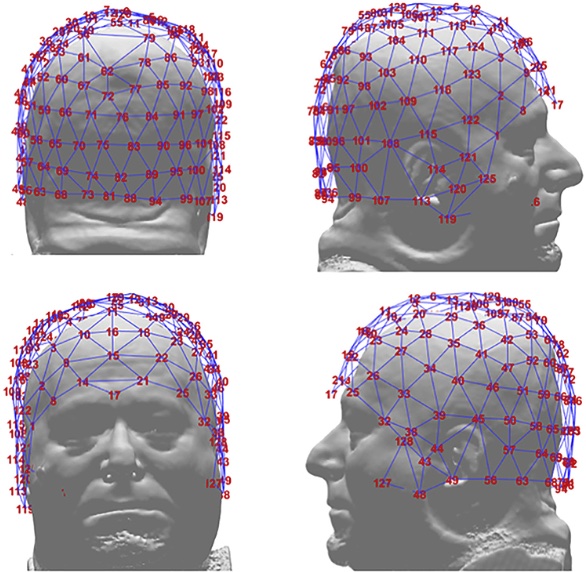Abstract
This study provides evidence supporting the operation of a novel cognitive process of a somatic seat of attention, or ego-center, whose somatic location is under voluntary control and that provides access to differential emotional resources. Attention has typically been studied in terms of what it is directed toward, but it can also be associated with a localized representation in the body image that is experienced as the source or seat of attention—an aspect that has previously only been studied by subjective techniques. Published studies of this phenomenon under terms such as egocenter or self-location suggest that the seat of attention can be situated in various ways within the experienced body, resulting in what are here referred to as different attentional stances. These studies also provide evidence that changes in attentional stance are associated with differences in cognitive skill, emotional temperament, self-construal, and social and moral attitudes, as well as with access to certain states of consciousness. In the present study, EEG results from multiple trials of each of 11 specific attentional stances confirmed that patterns of neural activity associated with the voluntarily control of attentional stances can be reliably measured, providing evidence for a differential neural substrate underlying the subjective location of the seat of attention. Additionally, brain activation patterns for the attentional stances showed strong correlations with EEG signatures associated with specific positive emotional states and with arousal, confirming that differential locations of the seat of attention can be objectively associated with different emotion states, as implied in previous literature. The ability to directly manage the seat of attention into various attentional stances holds substantial potential for facilitating access to specific cognitive and emotional resources in a new way.
Journal
Volume
Number of Pages
Year of Publication

